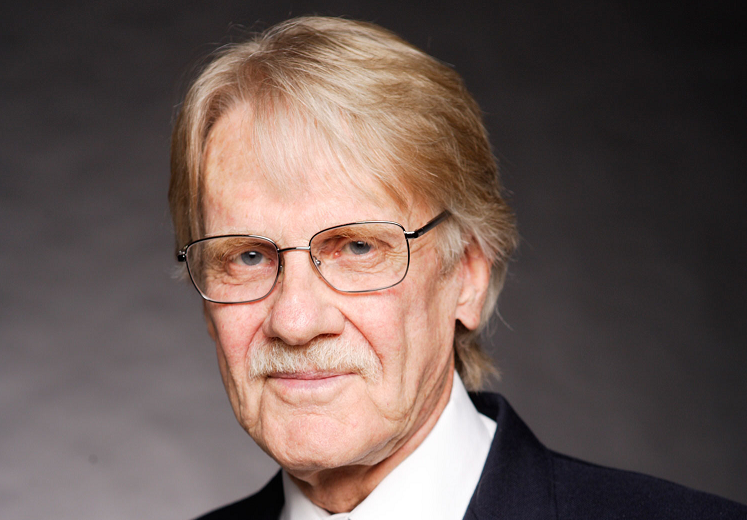

“Under the program, the DOE will coordinate efforts across eight other agencies to prepare a single environmental review document for transmission developers seeking federal approvals. The program also establishes a two-year timeline for the permitting process.
‘The CITAP program gives transmission developers a new option for a more efficient review process, a major step to provide increased confidence for the sector to invest in new transmission lines,’ the DOE said in a fact sheet.
A second final rule creates a categorical exclusion — the simplest form of review under the National Environmental Policy Act — for transmission projects that use existing rights of way, such as reconductoring projects, as well as solar and energy storage projects on already disturbed lands.”
From S&P Global.
ARC Panel with Marian Tupy: Is Western Energy Policy Causing Economic Self-Harm?
This conversation, with experts Marian Tupy, Magatte Wade, Chris Wright, and Robert Bryce, lays out why energy equals GDP, and how outsourcing energy consumption to other nations is not a green policy.
Washington Post | Health & Medical Care
FDA Authorizes AI-Driven Test to Predict Sepsis in Hospitals
“Bobby Reddy Jr. roamed a hospital as he built his start-up, observing how patient care began with a diagnosis and followed a set protocol. The electrical engineer thought he knew a better way: an artificial intelligence tool that would individualize treatment.
Now, the Food and Drug Administration has greenlighted such a test developed by Reddy’s company, Chicago-based Prenosis, to predict the risk of sepsis — a complex condition that contributes to at least 350,000 deaths a year in the United States. It is the first algorithmic, AI-driven diagnostic tool for sepsis to receive the FDA’s go-ahead.”
From Washington Post.
“Global Fishing Watch was co-founded by Google, marine conservation body Oceana, and environmental group SkyTruth. The latter studies satellite images to spot environmental damage.
To try to better monitor and quantify the problem of overfishing, Global Fishing Watch is now using increasingly sophisticated AI software, and satellite imagery, to globally map the movements of more than 65,000 commercial fishing vessels, both those with – and without – AIS.
The AI analyses millions of gigabytes of satellite imagery to detect vessels and offshore infrastructure. It then looks at publicly accessible data from ships’ AIS signals, and combines this with radar and optical imagery to identify vessels that fail to broadcast their positions.”
From BBC.
